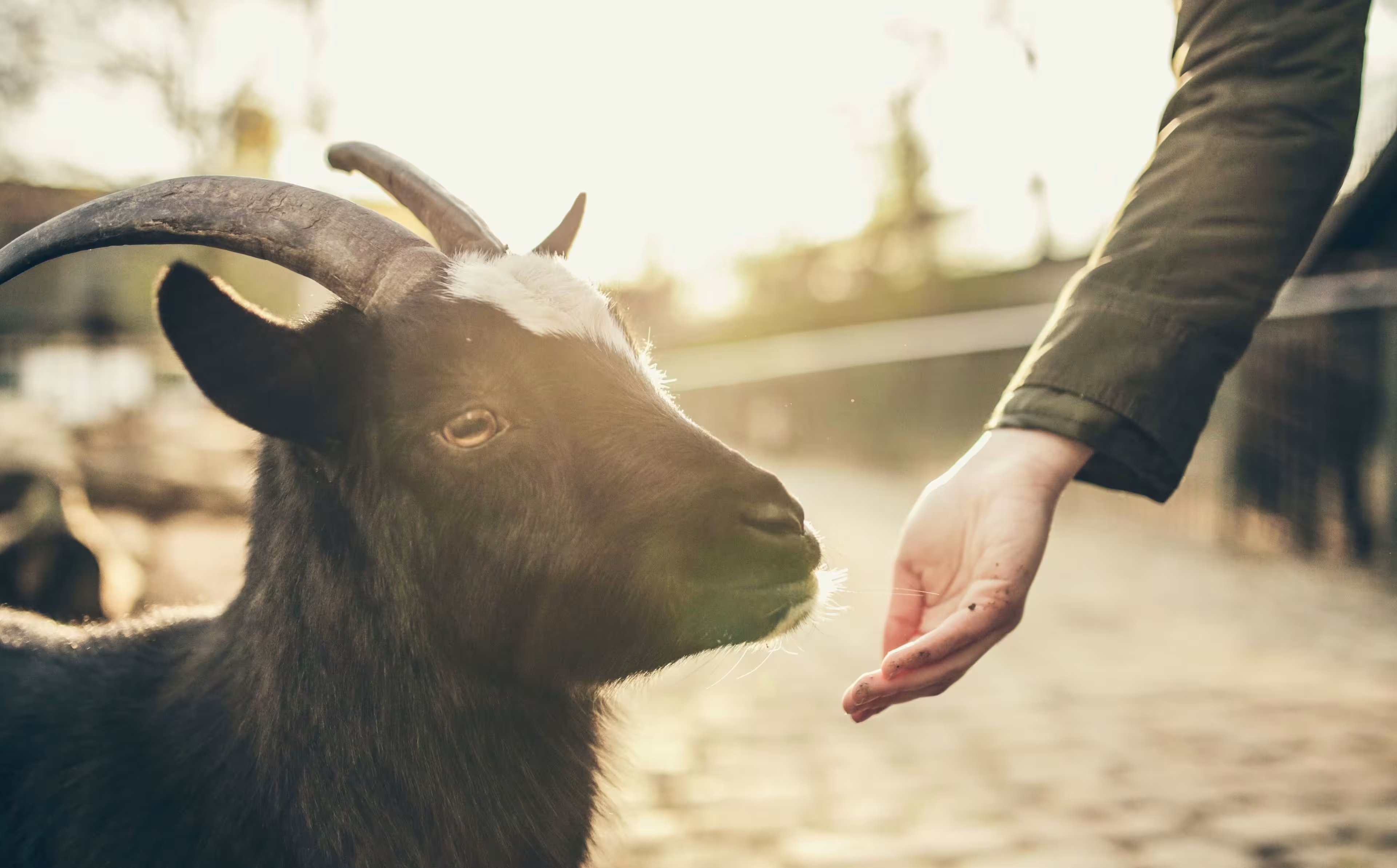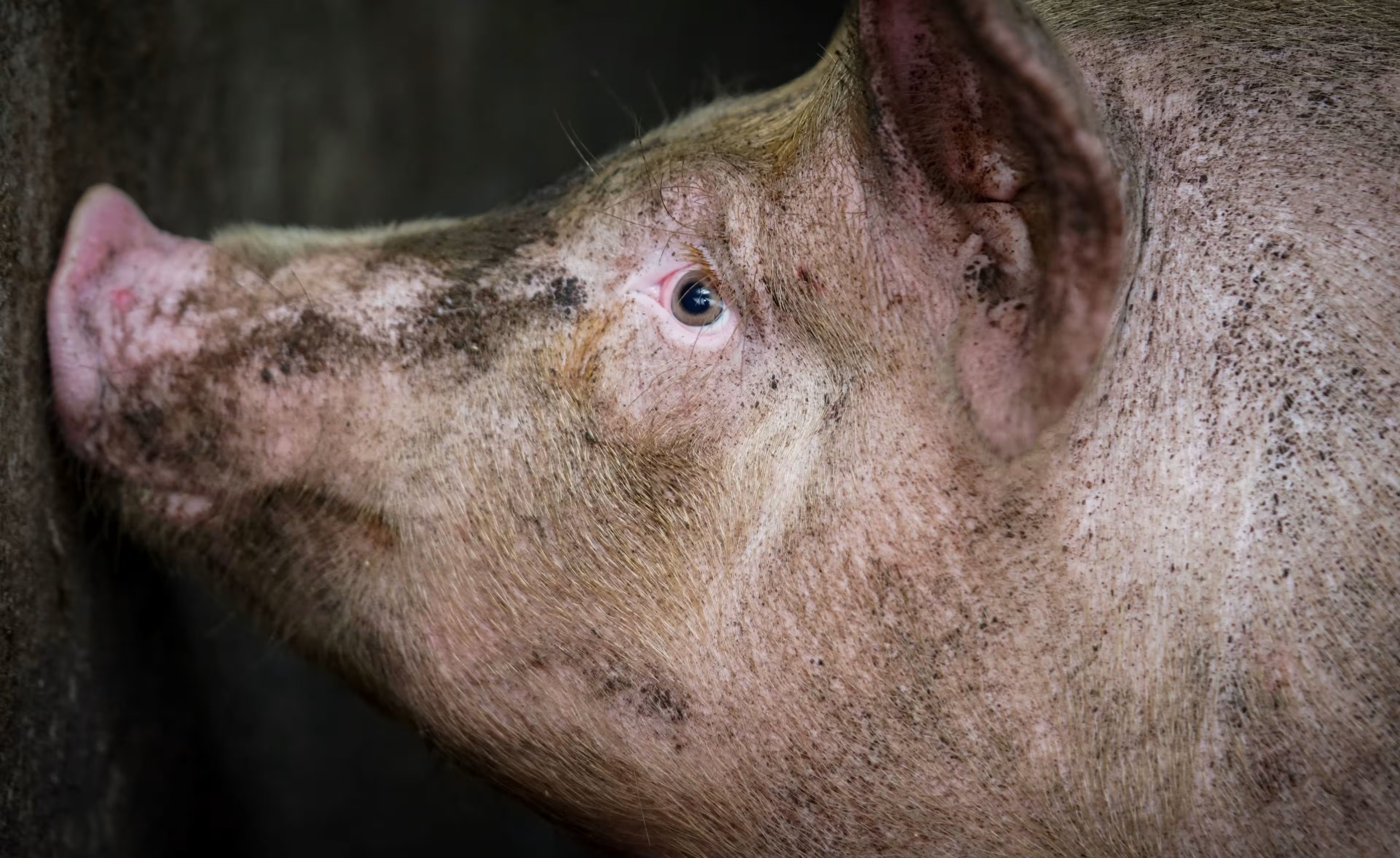




Animal welfare organizations are committed to seeing the lives of animals improved. Although this movement has achieved great victories over the years, there remains much to be done.

Animal welfare institutions can be very effective in preventing widespread harm to animals. Given their protective mandates, animal welfare organizations are often able to respond nimbly to instances of animal abuse and can help push for progressive animal protections in local and federal governments. This is why animal welfare institutions are so important for animals around the world.
What do animal welfare institutions do?
Animal welfare institutions are mission-driven organizations addressing various aspects of animal welfare. Some organizations focus exclusively on farmed animals, while others feature a range of campaigns addressing animal exploitation across multiple industries.
Typically, animal welfare institutions in the United States are nonprofit organizations, meaning they are exempt from federal taxation and exist to fulfill a mission, rather than sell a product or service, as is the case with many corporations.
Animal welfare organizations engage in a variety of activities, using a diversity of tactics to achieve stated goals. These activities can include:
- Crafting policy
- Working with legislators to pass favorable legislation
- Grassroots activism, such as online organizing or hosting public events
- Suing corporations or government departments that violate animal welfare
- Raising awareness through billboards, advertising campaigns, or working with celebrities
Because animal welfare organizations rely entirely on grants and donations, fundraising efforts form a significant portion of any animal welfare institution’s activities. At most organizations, fundraising is conducted on a continual basis in order to support the work. Because they must align with their donors' interests, animal welfare organizations are financially motivated to achieve progress for animals, rather than having to turn a profit like so many other businesses and institutions do.
What is meant by animal welfare?
Animal welfare refers to the physical and psychological state of an animal. Welfare is applied to captive contexts, like factory farms, zoos, labs, as well as situations where animals are under human control, such as companion animals like dogs and cats. Although it tends to be a subjective concept, applied differently across industries, animal welfare is a guiding philosophy that informs protective laws and regulations aimed at shielding animals from the worst of human abuses.
Animal welfare is different from animal rights in that welfare enables human beings to use animals for various purposes. Welfare is concerned with addressing unnecessary suffering and ensuring the highest degree of comfort while an animal is being used. Animal rights, on the other hand, advocates for the complete liberation of animals based on the idea that animals have the right to live according to their own wishes, as well as the right to be free from human exploitation.
Importantly, many animal rights advocates fight for animal welfare as a way to reduce suffering until their ultimate goal of animal liberation is achieved.
Why is animal welfare important?
For centuries, Western culture has operated on the assumption that, because animals cannot use human languages to tell us how they feel or communicate other complex ideas, they do not experience any emotions or “higher-order” thinking. This mistaken assumption has helped justify the use of animals by humans, be it for food, fashion, or entertainment.
Many species are aware of their surroundings and of themselves.
Yet, over the last half-century, scientific experimentation has directly challenged these assumptions. Animals, including fish, can experience pain—both physical and psychological. Many species have also been proven to be aware of their surroundings and of themselves. This awareness means that animals can be cognizant of their own pain, which compounds the degree of suffering animals are capable of experiencing at human hands.
Animal welfare is therefore important to help protect animals from undue or excessive harm. Our movement draws from the scientific research of more recent decades, which reveal animals as being more sensitive and intelligent than was long believed.
What are the five animal welfare needs?
There are different versions of the five animal welfare needs. In the UK, the Farm Animal Welfare Council originally defined these needs in the 1960s, calling them the Five Freedoms. Today, the Five Freedoms inform welfare policies in the UK, US, and other countries.
The Five Freedoms of Animal Welfare are:
- Freedom from hunger and thirst
- Freedom from discomfort
- Freedom from pain, disease, and injury
- Freedom to express natural behavior
- Freedom from distress and fear
Is animal welfare a social cause?
Historically, animal welfare has been considered separate from other social causes, resulting in exclusionary campaigns and donor bases largely made up of middle-to-upper-class white people. Yet in more recent years, this perception has been changing, for the betterment of both people and animals. In many cases, corporations and institutions that harm animals also perpetuate injustices onto vulnerable human communities. By ignoring the plight of oppressed people, these companies are given free rein to continue their harmful operations.
Corporations and institutions that harm animals also harm vulnerable human communities.
An example of how exclusionary campaigns can be harmful and ineffective comes from organizations that conduct undercover investigations at places like factory farms. It was once a common strategy to document individual acts of cruelty—such as a farmworker hitting or punching animals—then publicly shame the farmworker along with their employer. The person usually got fired as a result, allowing the farm to appear as though it, too, were opposed to animal cruelty.
Making these superficial staffing changes absolves companies from making more substantive changes to their operations, leaving animals in the same conditions as before. This strategy also doesn’t account for the fact that farmworkers, who take on some of the most dangerous jobs in the country, are often members of vulnerable populations. For example, many farmworkers are recent immigrants to the US or people of color from lower-income communities, who have limited economic opportunities. Targeting workers instead of the companies that employ them allows all exploitative systems to remain firmly intact.
Organizations like Venceremos demonstrate the power that can arise when animal welfare and other social causes come together. As a farmworker-led organization, Venceremos advocates for farmworker rights and unionization while addressing problems like increased processing line speeds. Increasing line speeds affects workers because it leads to more injuries. It's also detrimental to animal welfare, since more animals are improperly stunned before subsequent slaughtering steps when line speeds are faster.
Adopting a multi-pronged approach gives a greater chance of achieving systemic change in the long run. This is what makes Venceremos such such a powerful organization.
Animal welfare organizations
The Humane League is a grassroots animal welfare organization dedicated to improving conditions for animals on factory farms and raising awareness of the benefits of a plant-based lifestyle. Some of our achievements over the years include:
- Improving the lives of tens of millions of chickens thanks to cage-free campaigns
- Persuading food companies like PepsiCo, Starbucks, General Mills, Burger King, Chipotle, Sodexo, Aramark, and Compass Group to enact animal welfare policies
- Helping increase the US's proportion of cage-free egg-laying hens to 26 percent
Other animal welfare organizations focus on improving welfare within entertainment contexts, such as zoos and aquariums. Others conduct undercover investigations on factory farms and laboratories. Wherever there are animals being used for human purposes, there is most likely an animal welfare group dedicated to improving the lives of those animals.
How you can help
There are many ways to participate in the movement for animal welfare. Whether you bring skills such as photography, writing, public speaking, or organizing, there is an organization in need of your talents and passion. Our Take Action page is a great place to explore the various ways you can become involved, from joining the Fast Action Network to volunteering to attending events. If you're looking for a way to be more of an advocate for animals, you've found it.
Conclusion
Animal welfare organizations represent a movement of people committed to seeing the lives of animals improved, and their well-being protected. Although this movement has achieved great victories over the years, there remains much to be done for animals languishing in places like factory farms. Becoming involved in the animal welfare movement can be an incredibly rewarding experience.






